Wonderful Life of a Tibetan elder

Here, Ang Qu River flows fast and deep, makes a z-shaped turn before joining Lancang River. Where the river bends, at the foot of Dongga (means white conch in Tibetan) Mountain, is a small village.
This is Eluo village in the town of Eluo, part of Chamdo Cityin the Tibetan Autonomous Region. It sits next to national road 317 and is a blessing for generations of farmers and shepherds.
You can find the famous Eluo BBQ here. You can also meet a Tibetan elder who is a long-time Party cadre at the village, an old comrade, an old revolutionary, and an old role model. Everyone here says he is one of a kind.
The 68-years-old Lasang Geleg has witnessed the building of national road 317. When he heard we were visiting, he changed into a brand-new Tibetan gown, made a fresh batch of buttered tea, and welcomed us into his home.
He said when the national road was being built, they still used people and horses to carry all the materials, the work tools were quite primitive, life wasn’t luxurious at all. But the locals enjoyed the rice from the People’ Liberation Army, which they ate six, seven bowls at a time.
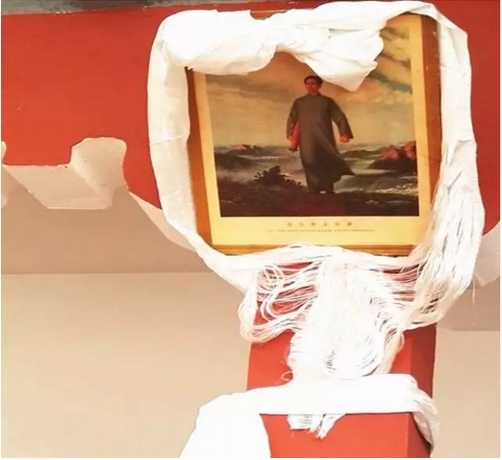
Lasang’s house is bright and roomy, with a footage of 260 sqm. As soon as you came in, you could see a portrait of Chairman Mao, draped with a white silk khadahanging on the wall,
Life became better when the Communist Party came. “I have had this portrait for at least 20 years.” the elderly man said. “The Party and Chairman Mao are like our father, if it weren’t for them, we’d not have our wonderful life today!”
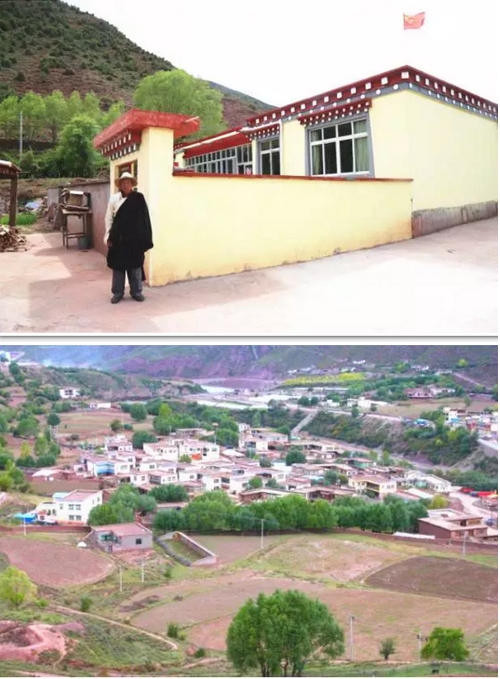
“My life is great in three ways.” He started talking after taking a sip of the buttered tea.
He has a happy family. The five members of his family include one son, one daughter, and two grandkids. The three generations live together and enjoy a great family life. His son has a contracting business with 65 farmers and shepherds on the team, and an annual income of at least one million yuan. Eighty-percent of the house was built with his son’s income.
He has a great life. They own a truck and a sedan, and make around 150 thousand yuan a year from transportation work. The sedan is used for shopping in downtown Chamdo, as well as family outings. They have plenty of appliances, a fridge, a TV, etc., and want for nothing. It is a comfortable life.

He has a great retirement. As an elderly man, he enjoys the “Three Elder” status, and receives a national benefit every year. He also works as the deputy secretary at the village’s Party branch and helps everyone. He enjoys being useful in his old age and likes his leisurely life.
Lasang remembered that everyone had to cross the Eluo Bridge from Kam to Lhasa. In the old Tibet, the bridge was flooded every year by the Ang Qu River. The locals, who were very religious, built a prayer wheel about 1000 years ago, and turned it daily to ask for travel protection.
“But no matter how we prayed, we still couldn’t go anywhere easily. Going to Chamdo and back took two days!” He said.
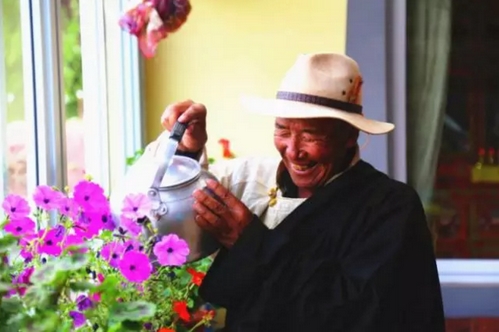
After Tibet’s democratic reform, the Party and government built a cable bridge, improving everyone’s lives. In the early ‘80s, the bridge was replaced by a concrete and stone bridge, making travels even more effortless.
Eluo Village may be small, but in this 168-family community, every house has a Party member, and every house has a college student. The atmosphere is very academic. In fact, Eluo is the educational training ground for ChamdoCity. There are eight schools here. The villagers are also very aware of the importance of education. The average per capita income is more than 10 thousand yuan. When we walked on the streets of the village, happy kids wearing backpacks were everywhere.
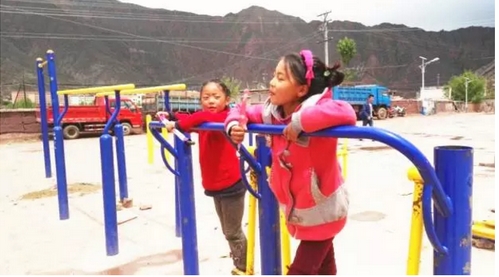
When we said goodbye to Lasang, he told us, “As a witness of history, I will tell the young people today about the suffering in the old Tibet, and the joy of today’s Tibet. We have to treasure our lives, they’re really precious!”
Your Comment
Name E-mailRelated News
-
;
-
-
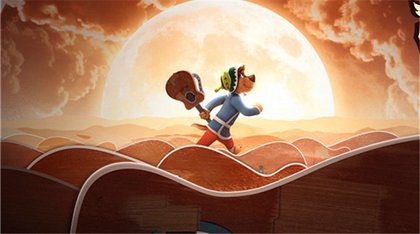
-
3D animation film 'Tibetan Rock Dog' released
"Tibetan Rock Dog", a Chinese 3D animation film based on a cartoon of the same name has been released in Beijing.
-
-
-
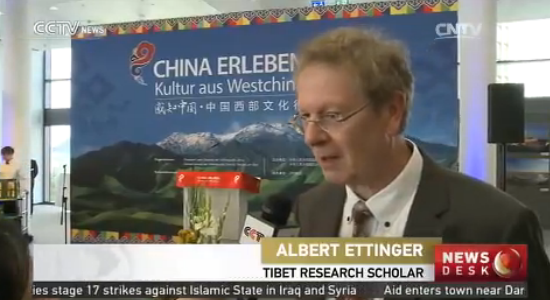
-
German scholar: It's wrong to think the Tibetan culture is dying
The event “Experience Western China” has begun in the German city of Frankfurt. It aims to help people learn more about China’s western region, according to CNTV on May 19.
-
-
-
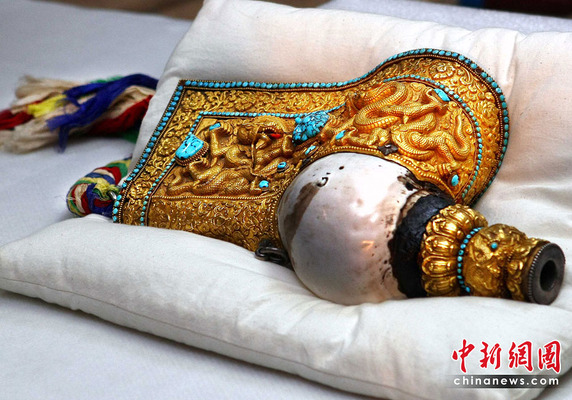
-
Over 100,000 Tibetan antiques digitally documented
Southwest China's Tibet autonomous region has finished making digital records of over 100,000 antiques, local authorities said Monday.
-
Based in Lhasa, Tibet Vista is a Tibet travel agency that specialized in Tibet permit, and Tibet tours for both private and group travelers at a local price!
•4 Days Lhasa City Group Tour from USD 460 •8 Days Everest Base Camp Group Tour from USD 850 •15 Days Mt.Kailash Group Tour from USD 1780 •2016 Tibet Train Tours from Beijing, Shanghai, Chengdu, Xining,etc










